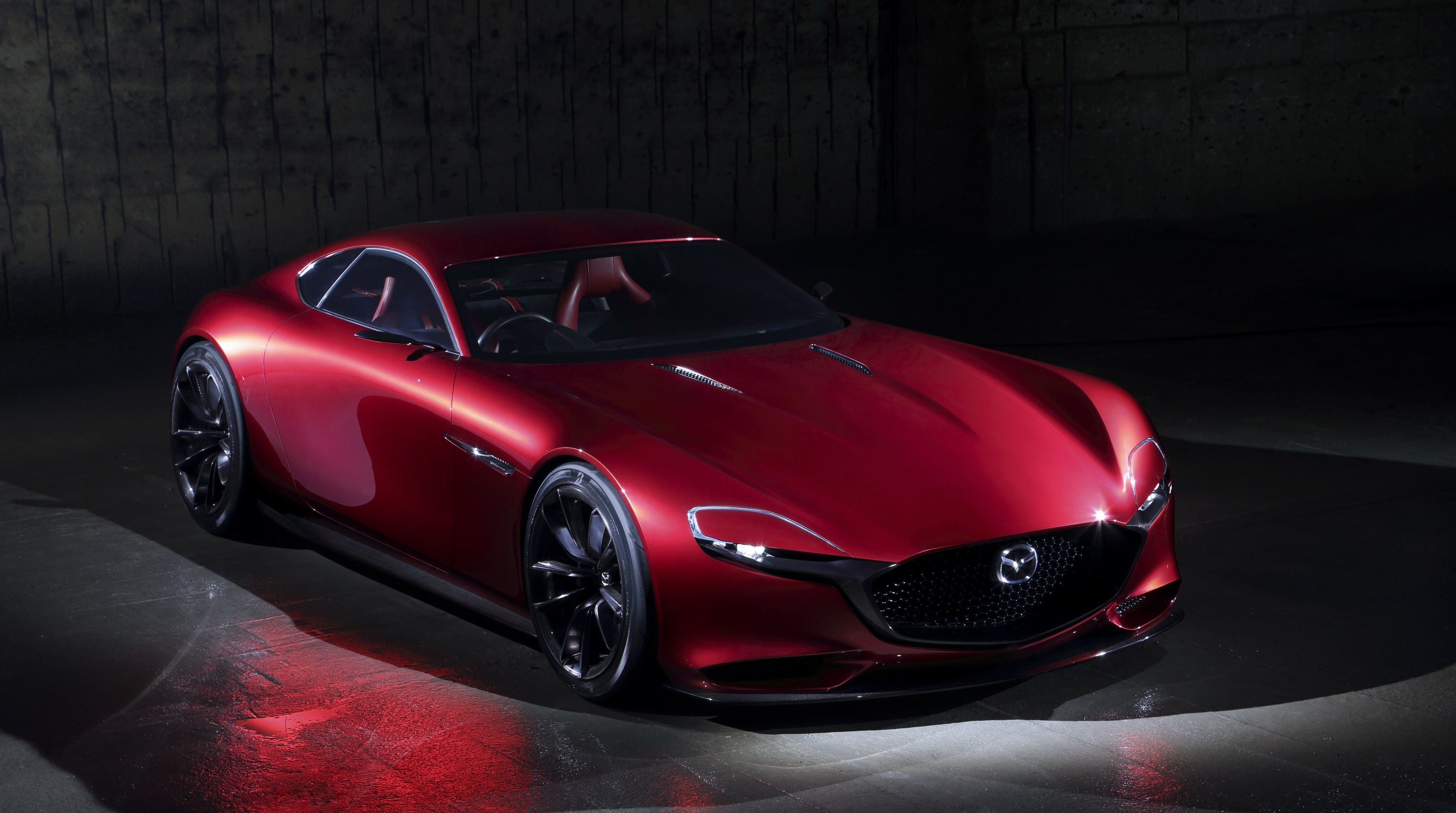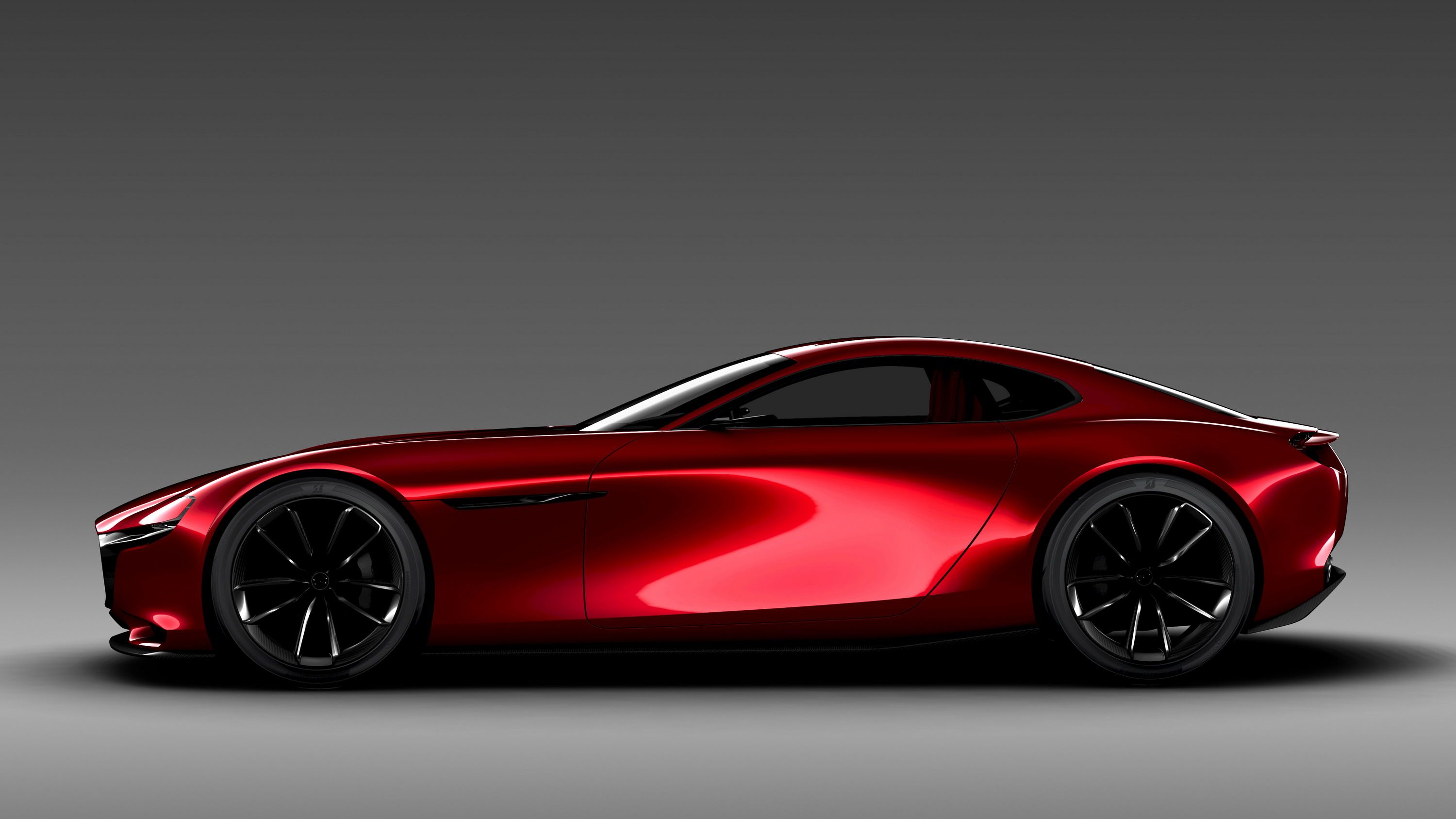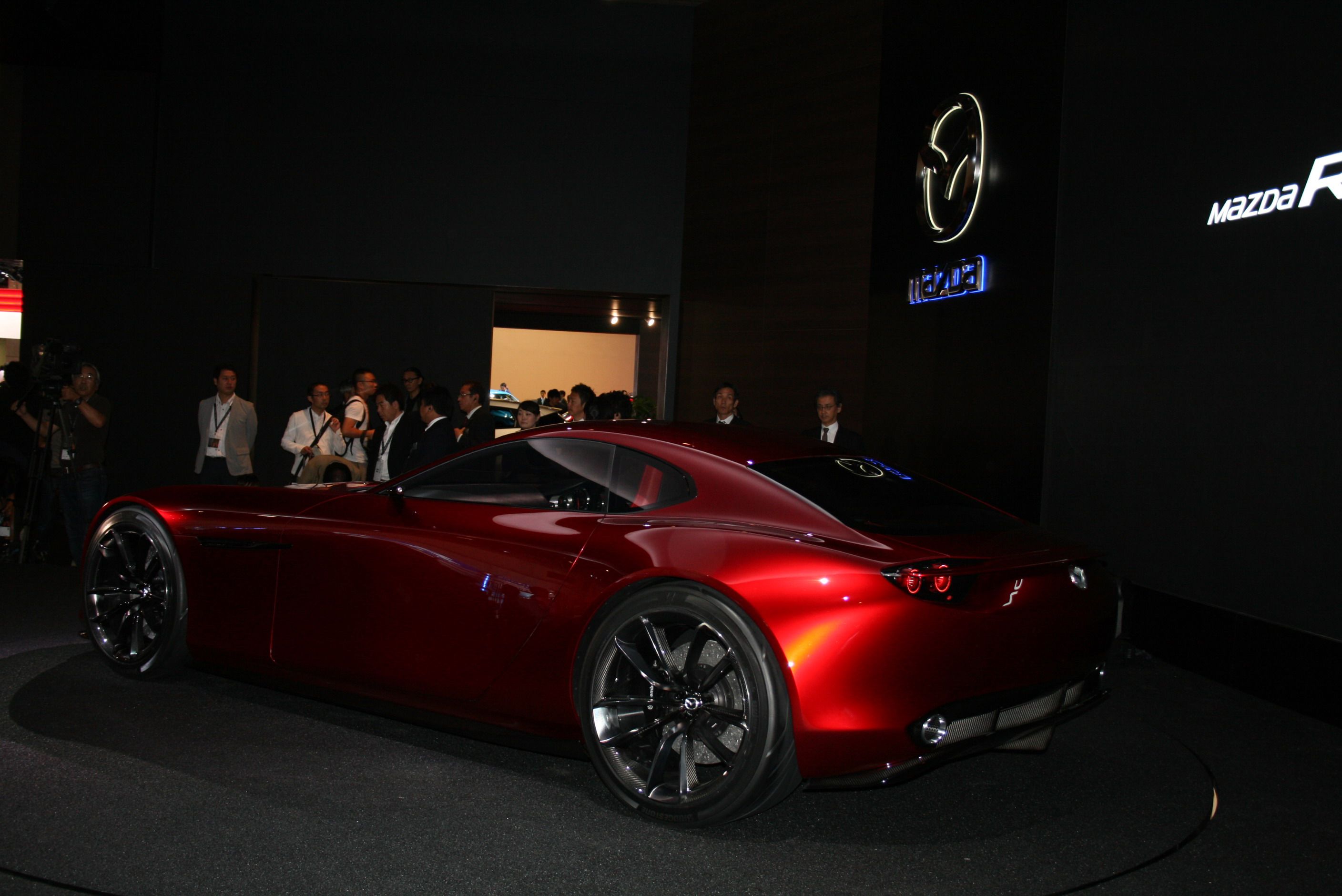Mazda is diving deep into the pool of lithium-ion batteries with the intent to develop 12-Volt lithium-ion batteries to serve as replacements for lead-acid starter batteries in cars beginning in 2021. The Japanese automaker is teaming up with ELIIY Power Co., Ltd. and Ube Industries, Ltd to develop the technology that can be used in creating a new battery solution that has the potential to make its models lighter, faster, and more fuel-efficient.
The benefits of lithium-ion batteries over lead-acid batteries are clear. They’re smaller and lighter — they weight one-third of the weight of lead-acid — and they don’t need as much fuel as lead-acid batteries to be able to move around. They’re also more efficient in both charge and discharge, allowing for the same amp hours in both instances. They’re much better compared to lead acid batteries, which is noted for not only losing 15 amps of power while charging but also for rapidly discharging voltage, a phenomenon that eventually leads to the sulfating of battery cells and reduction of battery capacity. Most importantly, lithium-ion batteries are cleaner than lead-acid batteries, making them more suitable for the environment. That's a lot of pros on the side of lithium-ions, but in the world of the auto industry, it has one drawback compared to lead-acid batteries: cost.
Lithium-ion batteries are much more expensive than lead-acid batteries, and the costs aren’t even close. Consider the cost of lead-acid batteries from your local parts store - around $100 to $150 — and compare it to the $1,690 Lotus is charging as an option to put a lithium-ion battery in the Evora 400. The disparity is troubling for a mainstream automaker like Mazda because of the added costs that will come in producing its vehicles. Since Mazda is unlikely to absorb that cost, it will eventually find its way to potential customers in the form of increased prices for Mazda models.
Lithium-ion batteries are more accepted on premium models because consumers are already conditioned to spending a lot of money on those cars. But a Mazda3 that runs on lithium-ion batteries and has a price increase of around $2,000? That’s a bit harder to sell to the public, benefits notwithstanding. A case can be made, though, that while lithium-ion batteries have a higher upfront cost than lead-acid batteries, the true cost of ownership can be cheaper when you consider the benefits of the battery in improving a car’s performance and its own extended lifespan.
From the looks of it, Mazda has already spent a great deal of time weighing its options and the pros and cons of using lithium-ion batteries as opposed to lead-acid batteries. If it can get past that issue of cost, the clear advantages of the former should make them better long-term investments than the latter. All Mazda has to do now — with the help of its two partners — is to develop a solution that can enhance the battery’s appeal, all while limiting the costs tied to developing it. Time to get to work, Mazda.
References
Read more Mazda news.
Read more technology news.



